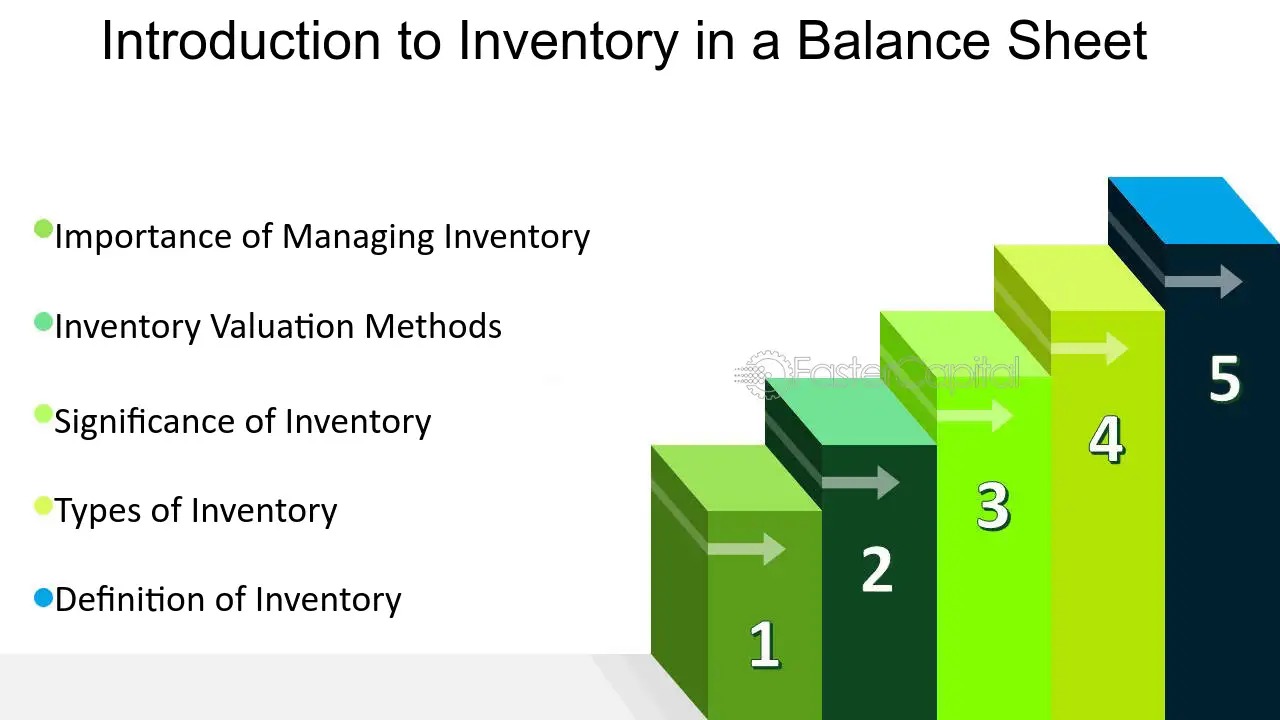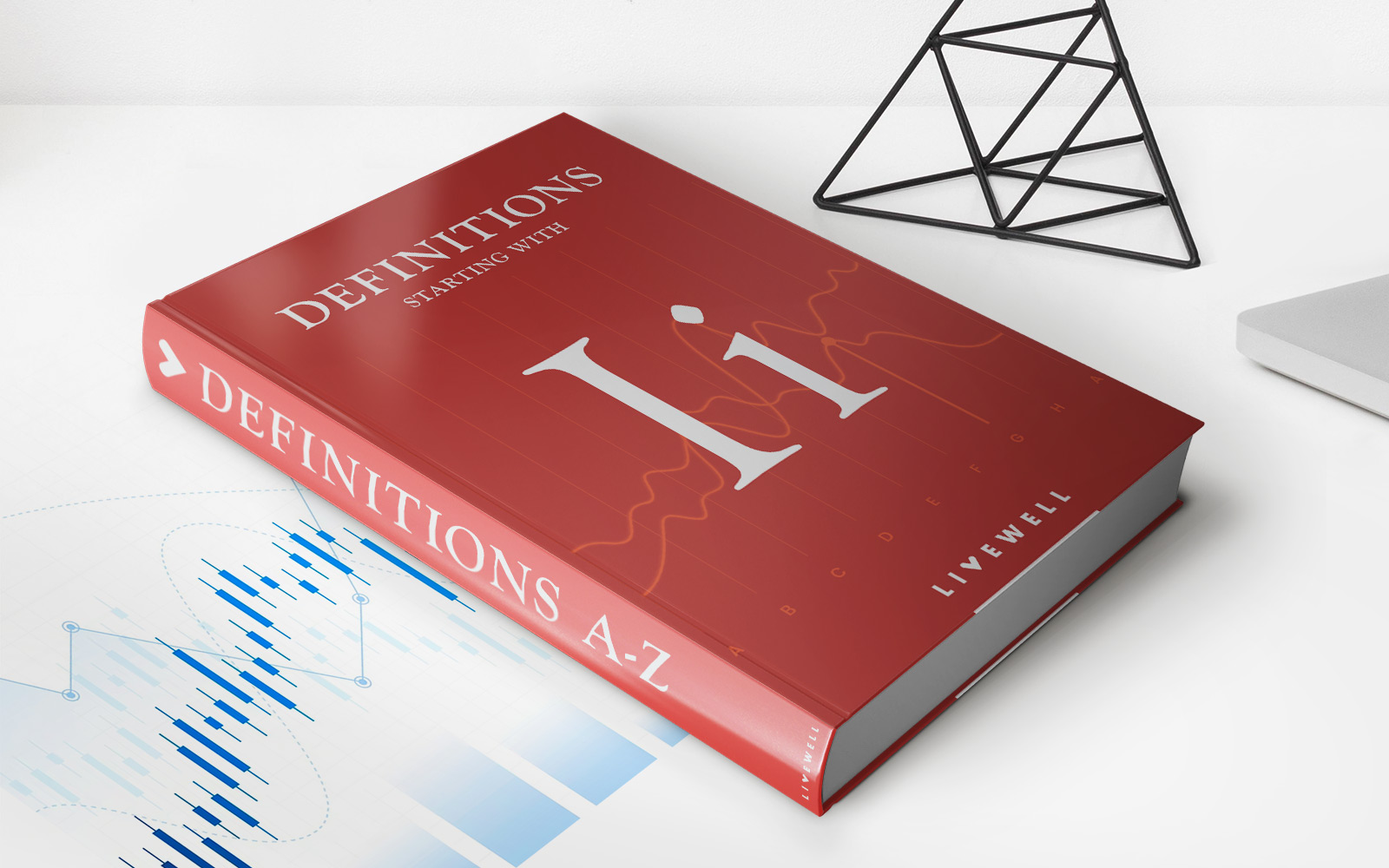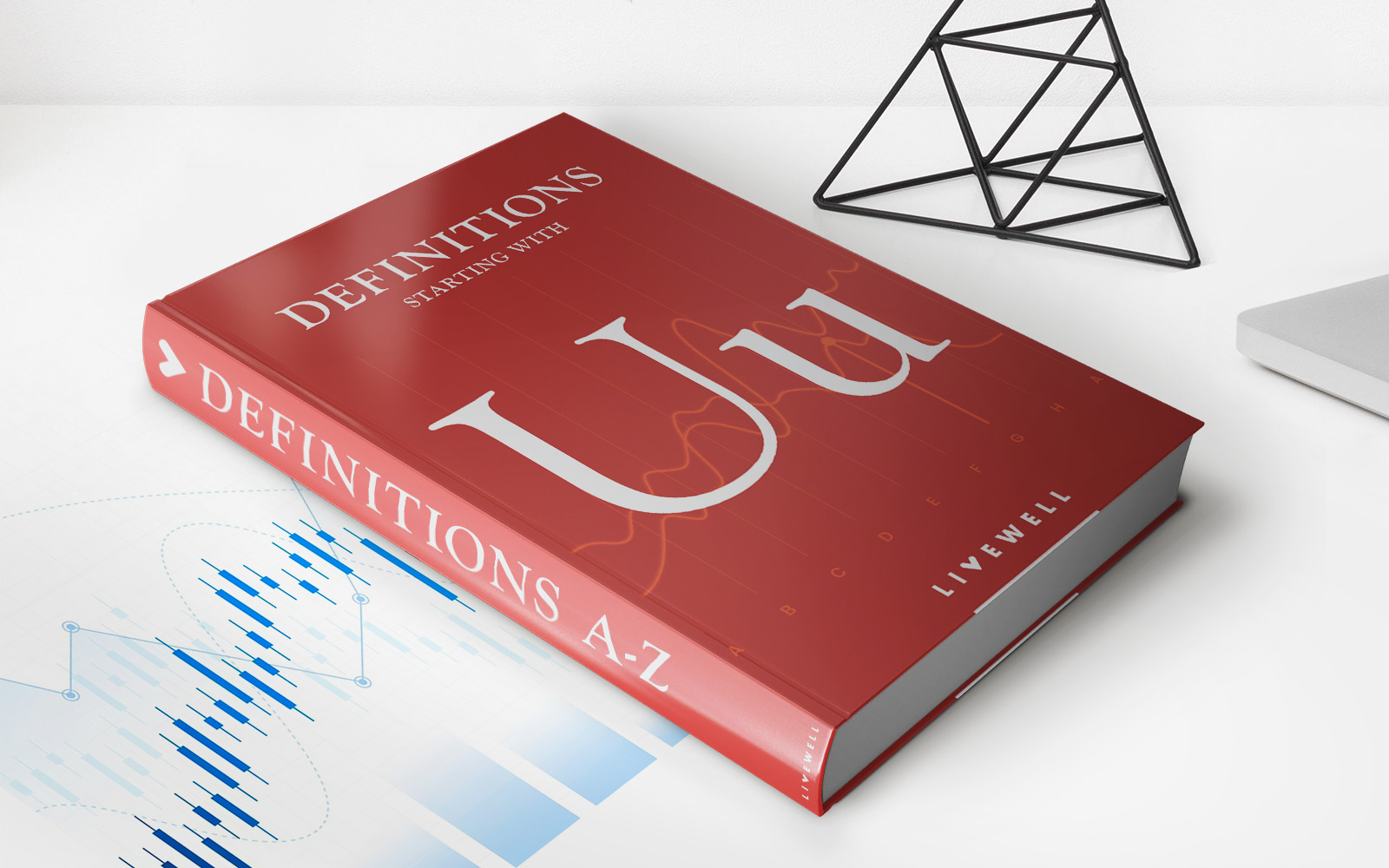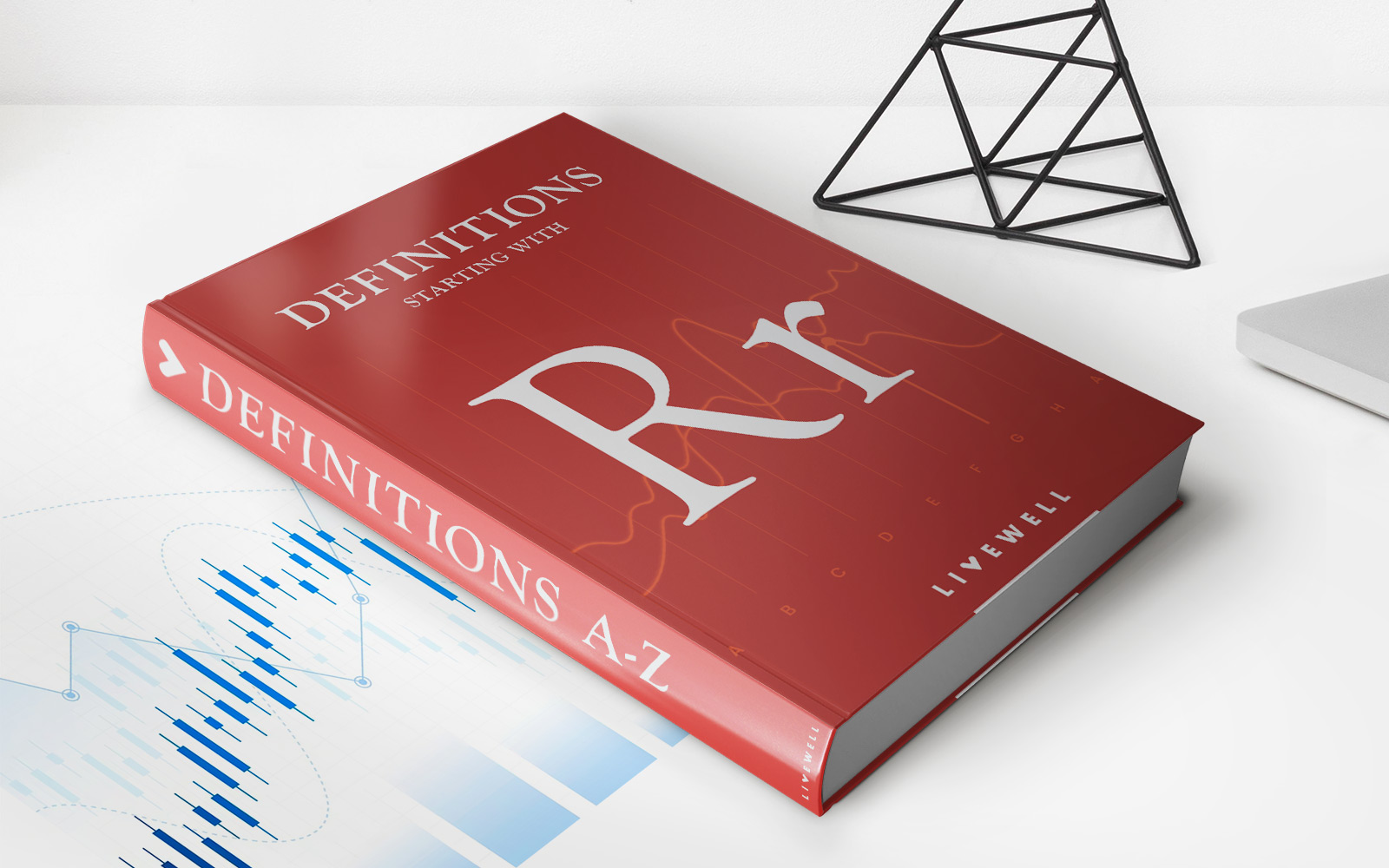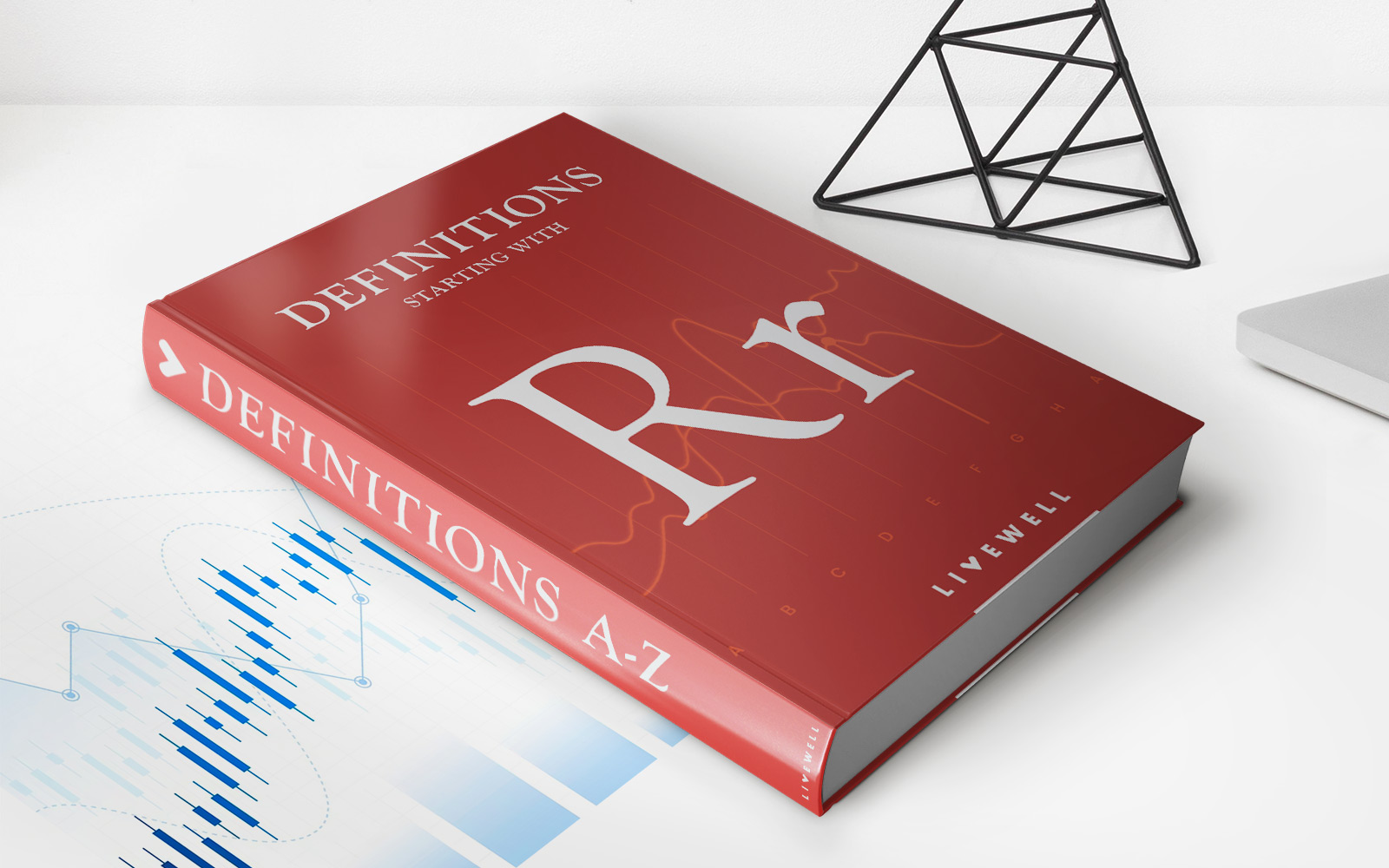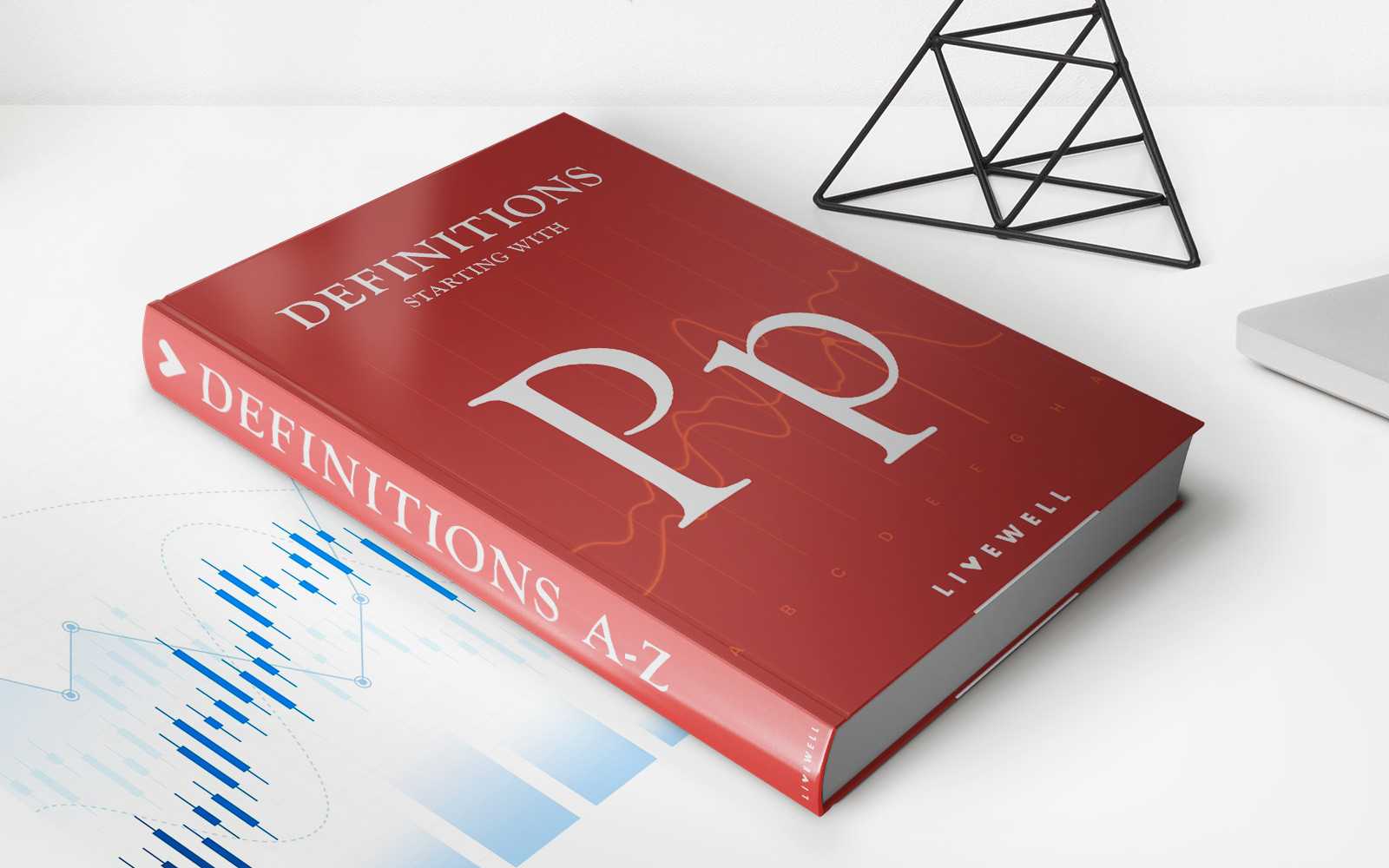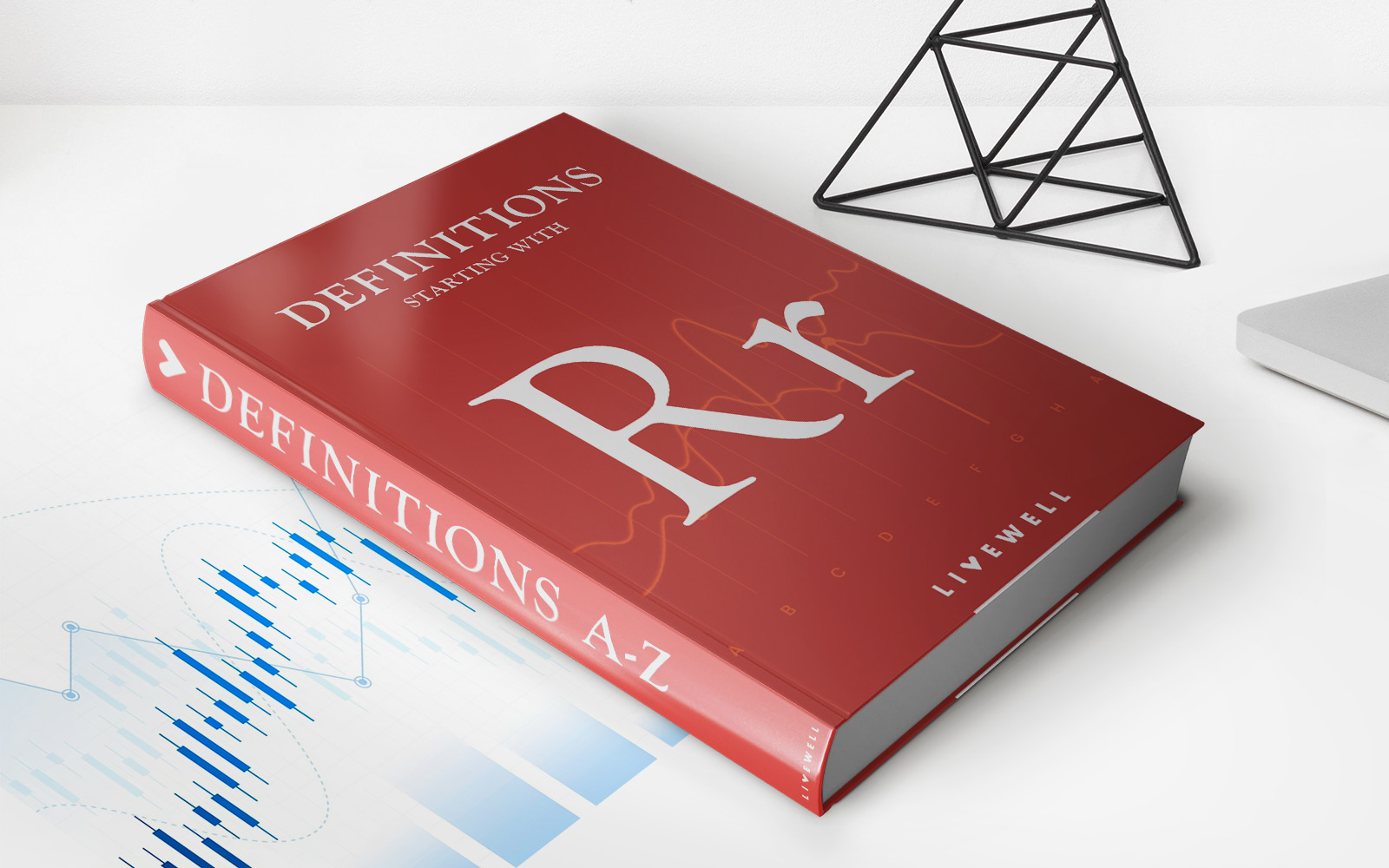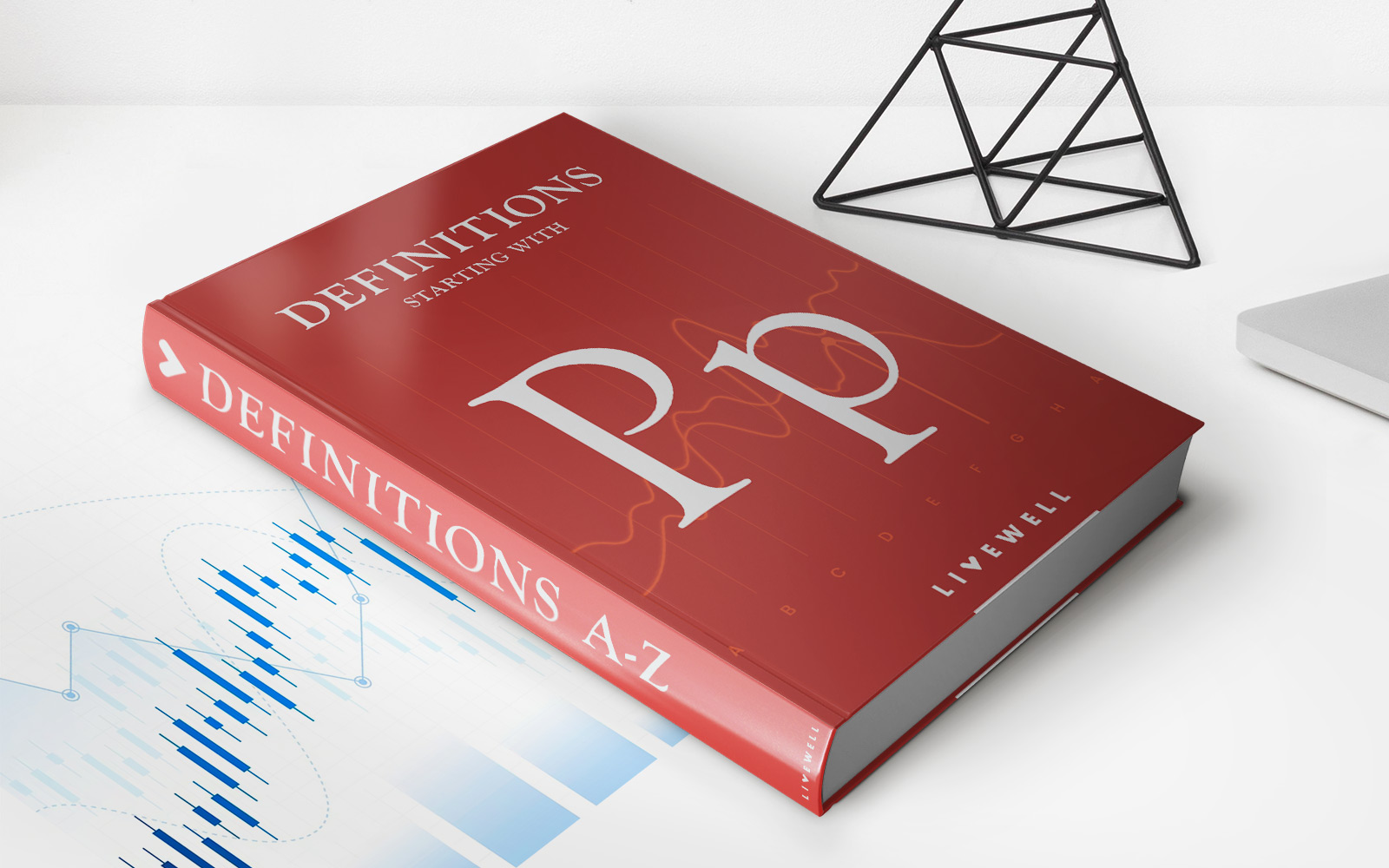

Finance
Property Inventory Definition
Published: January 12, 2024
Learn the definition and importance of property inventory in finance. Discover how effective inventory management can impact your financial success.
(Many of the links in this article redirect to a specific reviewed product. Your purchase of these products through affiliate links helps to generate commission for LiveWell, at no extra cost. Learn more)
Property Inventory Definition: Protecting Your Financial Investments
When it comes to managing your finances and making smart investment choices, it’s crucial to have a comprehensive understanding of the assets you own. In the realm of real estate, one important tool that savvy property owners utilize is a property inventory. But what exactly does it mean when we talk about a property inventory? In this blog post, we’ll provide a comprehensive property inventory definition and explore why it is essential for protecting your financial investments.
Key Takeaways:
- A property inventory is a detailed record of all the items, fixtures, and fittings within a property.
- It serves as a valuable asset management tool, enabling property owners to monitor and protect their investments more effectively.
So, what is a property inventory, and why is it necessary? In simple terms, a property inventory is a comprehensive record of all the items, fixtures, and fittings within a property. It includes everything from furniture and appliances to curtains and carpets. This detailed documentation provides a thorough snapshot of the property’s contents at a specific point in time. It also serves as a vital tool for landlords, property managers, and tenants alike. Let’s delve deeper into its significance.
Why Do You Need a Property Inventory?
Whether you own a single property or manage a portfolio of rentals, having a property inventory in place offers several advantages. Let’s explore why it is a valuable asset management tool:
1. Protection against disputes:
A well-documented property inventory can help settle any disputes that may arise between landlords and tenants regarding damages and wear and tear. By providing a comprehensive record of the property’s condition at the beginning of the tenancy, it becomes easier to determine responsibility for any damages that may occur during the rental period.
2. Maintenance and repair management:
A property inventory enables property owners to keep track of the condition of their assets over time. By regularly updating the inventory, you can identify areas that require maintenance or repair, allowing you to proactively address these issues before they become more extensive and costly.
3. Insurance purposes:
In the unfortunate event of an insurance claim, a property inventory can act as evidence of the items covered under the insurance policy and their initial condition. This documentation provides support to ensure a smooth and accurate claims process, allowing for quicker reimbursements and reducing the chances of disputes with insurance providers.
In Conclusion
A property inventory is a fundamental asset management tool for property owners, landlords, and tenants. It provides a detailed record of the contents and condition of a property, protecting your financial investments and ensuring transparency in case of disputes. By staying proactive and regularly updating your property inventory, you can effectively manage maintenance, repairs, and insurance claims, safeguarding your financial interests in the real estate realm.
